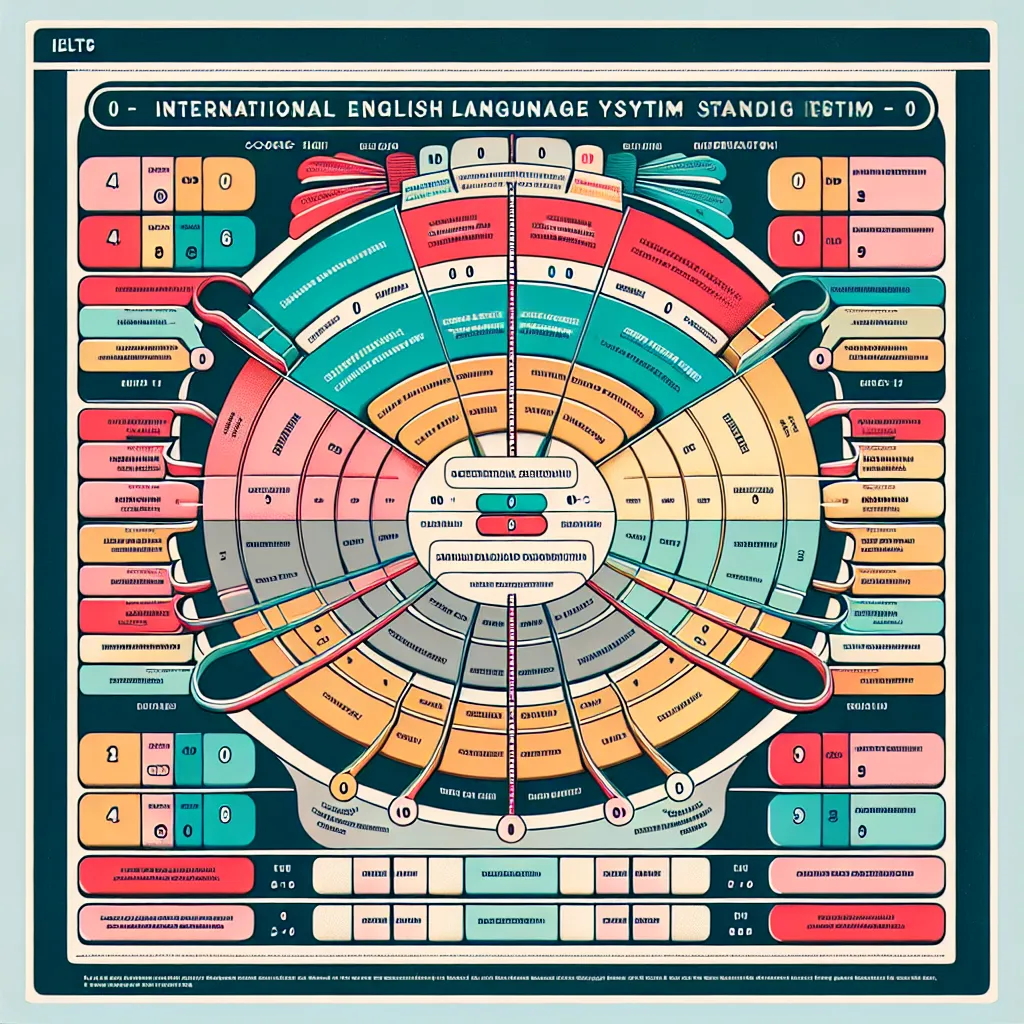If you’re preparing for the IELTS exam, one of the most common questions you might have is, “What is the minimum passing score for IELTS?” The truth is, there isn’t a universal “pass” or “fail” score for IELTS. Instead, different organizations and institutions set their own requirements based on their specific needs. Let’s dive deep into this topic and explore what you need to know about IELTS scores.

Understanding IELTS Scores
Before we discuss minimum scores, it’s crucial to understand how IELTS is scored. The IELTS test uses a 9-band scale, where:
- 9 = Expert user
- 8 = Very good user
- 7 = Good user
- 6 = Competent user
- 5 = Modest user
- 4 = Limited user
- 3 = Extremely limited user
- 2 = Intermittent user
- 1 = Non-user
- 0 = Did not attempt the test
You receive individual scores for each of the four skills (Listening, Reading, Writing, and Speaking), as well as an Overall Band Score, which is the average of these four scores rounded to the nearest half band.
Minimum IELTS Scores for Different Purposes
For Immigration
Different countries have varying IELTS score requirements for immigration purposes:
- Canada: Generally requires a minimum score of 6.0 in each section for most immigration programs.
- Australia: Typically asks for a minimum of 6.0 in each section for skilled migration visas.
- UK: Requirements vary, but often a score of 4.0 to 7.0 is needed, depending on the visa type.
- New Zealand: Usually requires scores between 5.0 and 6.5, depending on the visa category.
For Higher Education
Universities and colleges worldwide set their own IELTS requirements:
- Undergraduate programs: Often require scores between 5.5 and 6.5.
- Postgraduate programs: Typically ask for scores between 6.0 and 7.0.
- Top-tier universities: May require scores of 7.0 or higher.
It’s important to note that these are general guidelines. Specific programs or institutions may have higher or lower requirements.
Factors Influencing Minimum IELTS Scores
Several factors can affect the minimum IELTS score required:
- Country of destination
- Purpose (immigration, study, work)
- Level of study (undergraduate, postgraduate)
- Field of study (e.g., medicine often requires higher scores)
- Specific institution requirements
How to Determine Your Target IELTS Score
To determine the IELTS score you need to aim for, follow these steps:
- Identify your goal (e.g., studying abroad, immigration)
- Research the requirements of your target country, institution, or program
- Check for any specific score requirements for individual sections
- Aim for a score 0.5 to 1.0 band higher than the minimum requirement to be competitive
Tips for Achieving Your Target IELTS Score
- Start preparing early: Give yourself at least 3-6 months of dedicated study time.
- Take practice tests: Familiarize yourself with the exam format and timing.
- Focus on your weakest areas: Identify and work on improving your lowest-scoring sections.
- Use official IELTS materials: These provide the most accurate representation of the actual test.
- Improve your English skills overall: Read English newspapers, watch English TV shows, and practice speaking with native speakers.
- Consider taking an IELTS preparation course: Expert guidance can help you improve more efficiently.
Common Misconceptions About IELTS Scores
- “There’s a universal passing score”: As we’ve discussed, there isn’t one set passing score for all purposes.
- “Only the Overall Band Score matters”: Many institutions have minimum requirements for individual sections as well.
- “A high score guarantees acceptance”: While a good IELTS score is important, it’s often just one part of an application process.
Next Steps After Achieving Your Target Score
Once you’ve achieved your target IELTS score:
- Double-check that your score meets all requirements for your specific goals.
- Ensure your IELTS score will still be valid when you need to use it (scores are typically valid for 2 years).
- Begin the application process for your chosen program, visa, or job.
- Continue to maintain and improve your English skills, as you’ll need them for your future endeavors.
Remember, while achieving the minimum required IELTS score is crucial, it’s equally important to continually improve your English language skills. This will not only help you in the test but also in your future academic or professional life in an English-speaking environment.
By understanding what score you need to aim for and how to achieve it, you’re already on the path to success in your IELTS journey. Keep practicing, stay motivated, and remember that every step you take in improving your English skills brings you closer to your goals.